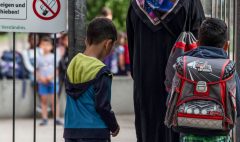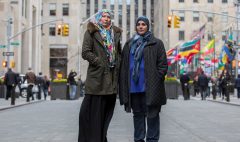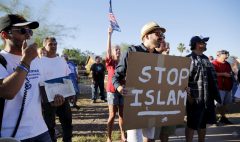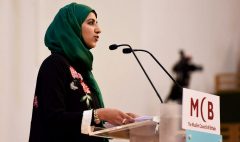Muslims in a Bible Belt town hold their breath
January 7, 2017 2023-08-06 12:11Muslims in a Bible Belt town hold their breath
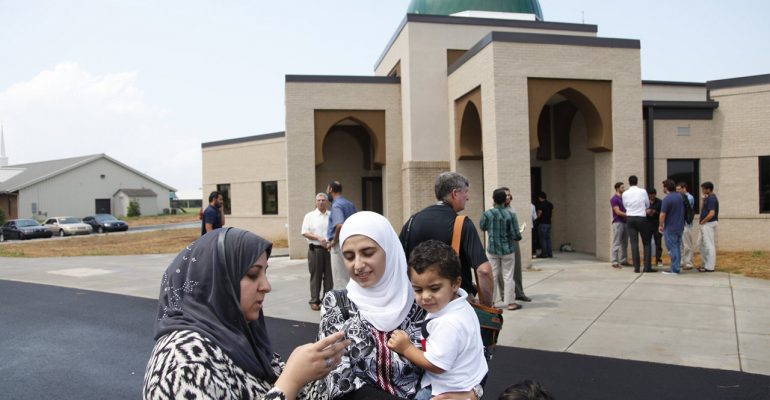
Muslims in a Bible Belt town hold their breath
It was here, in this midsize college town in the dead center of Tennessee, that a right-wing effort to ban Islamic law found one of its first sponsors. Here, too, a congressman co-sponsored a plan to “defund Muslim ‘refugees’ ” and local residents sued to block construction of the only mosque, a fight that ended at the Supreme Court. The town’s Muslims carried on through all of that, raising their children, saying their prayers, teaching at college, filling people’s prescriptions and filling their tanks, contributing to the civic life in a city of 126,000. They felt the familiar grief and fear of reprisal last year when a Muslim man killed four Marines in Chattanooga, 90 minutes away.
Now Donald Trump — a man who has repeatedly cast doubt on the patriotism of Muslims — is the president-elect, and he has selected a national security adviser, retired Lt. Gen. Michael Flynn, who has called Islam a “cancer.” And a deep unease has again seeped into the daily life of many here in this Muslim community of about 1,500. There has been a smattering of post-election harassment and insults — at schools, in parking lots, on the road — but nothing to take to the police or put Murfreesboro back in the national headlines.
Murfreesboro is one of the fastest-growing cities in the country and an increasingly diverse one. Muslim and Christian students go to school and play sports together; their families patronize the same restaurants and stores. Residents variously describe the town as a proud example of Southern hospitality, a growing “melting pot,” a suburb of “little blue dot” Nashville and the “buckle on the Bible Belt.” Its downtown with the old courthouse and Confederate-soldiers memorial yields to strip malls and chain stores, new housing developments and old cotton fields, and the university, with its 20,000 undergraduates.
Among the town’s couple hundred places of worship are 59 Baptist churches, including an Arabic Baptist church as well as Grace Baptist, whose deacon in 2010 greeted the construction of the new mosque next door by erecting 23 huge white crosses on the road. There are people such as Abdou Kattih, a pharmacist at Walgreens and one of the mosque’s founders, and Jason Bennett, an evangelical advocate for the homeless and a onetime mosque opponent; the two now consider each other close friends…The day after the election, flowers were left on the mosque’s doorstep, and a stranger approached the new imam, an Egyptian, at the Walmart and welcomed him to town.
“Right now, we’re hoping that it’s going to be calm,” said Saleh Sbenaty, an engineering professor at Middle Tennessee State University and one of the founders of the Islamic Center of Murfreesboro. “But we don’t know if it’s the calm before the storm or the calm after the storm.”
Continue reading at: The Washington Post


